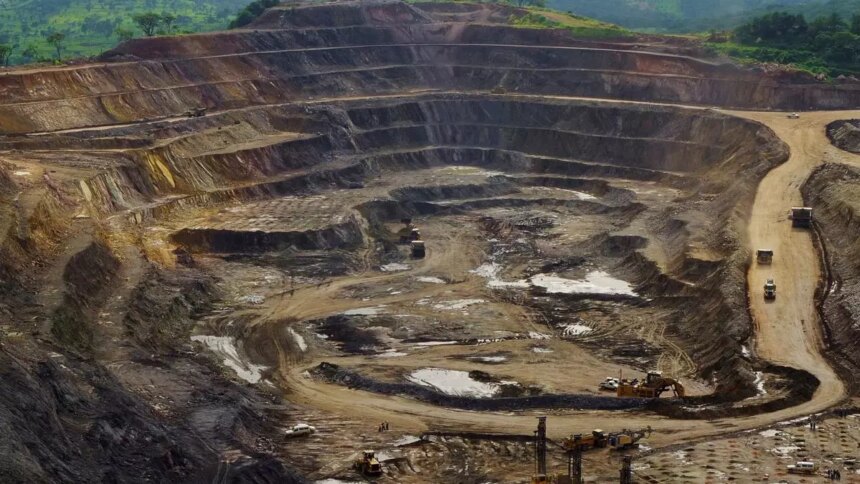The dependency of India on China for critical mineral supplies is a concerning issue that needs to be addressed. China’s dominance in supplying crucial minerals such as cobalt, molybdenum, nickel, rare earth elements, tantalum, titanium, and tungsten puts India at risk of facing supply shortages and price fluctuations. It is essential for India to diversify its sources of critical minerals to reduce dependency on a single country.
Moreover, the fact that India is a net importer of most critical minerals due to limited reserves and production highlights the urgent need to ramp up domestic mining and exploration efforts. The net import bill for critical minerals, which amounts to approximately ₹30,000 crore for FY24, underscores the significant financial burden that India faces in securing these essential resources from overseas.
In order to mitigate the risks associated with overreliance on foreign suppliers, India must prioritize the development of its domestic mineral resources. This includes investing in exploration, mining, and processing infrastructure to boost local production and reduce import dependency. Additionally, fostering partnerships with other mineral-rich countries and diversifying import sources can help enhance India’s resilience to supply disruptions and price volatility in the global market.
Overall, the issue of India’s dependency on China for critical mineral supplies is a complex and multifaceted challenge that requires a comprehensive strategy to address. By taking proactive measures to strengthen the domestic mineral sector and actively diversifying import sources, India can better safeguard its critical mineral supply chain and ensure long-term sustainability and security for its industries and economy.










